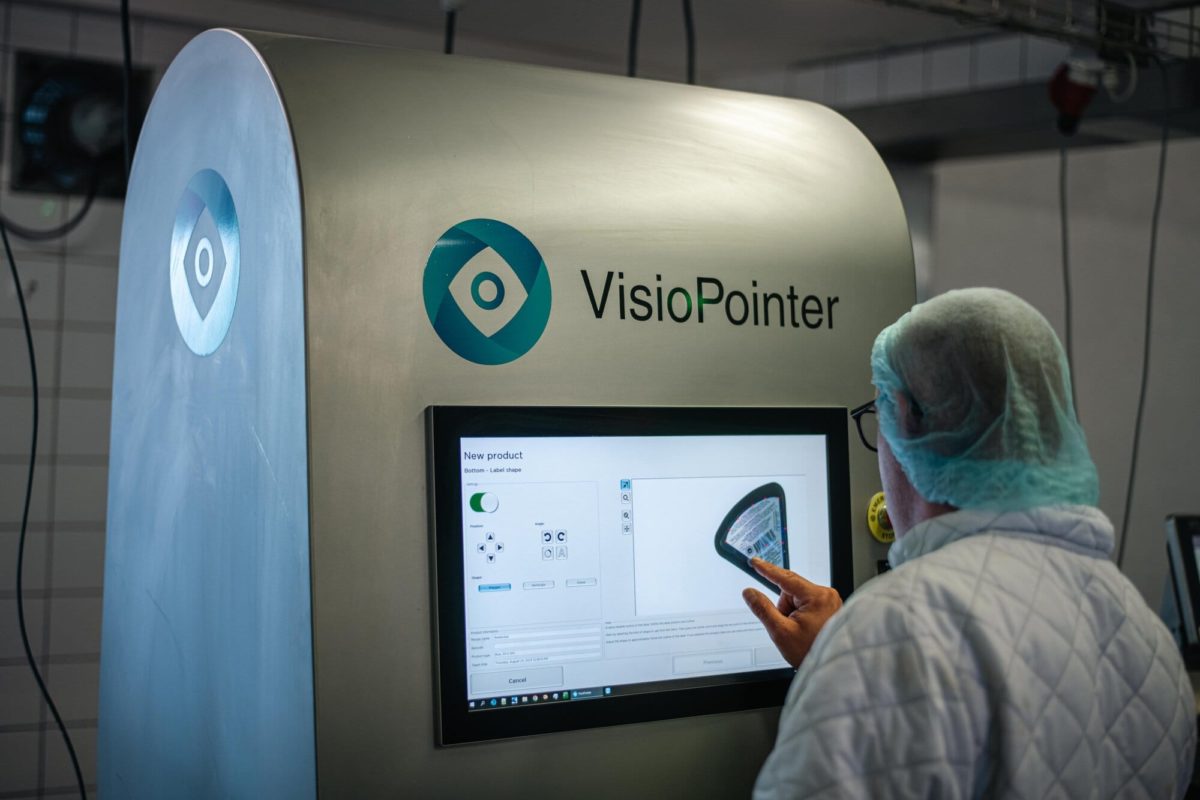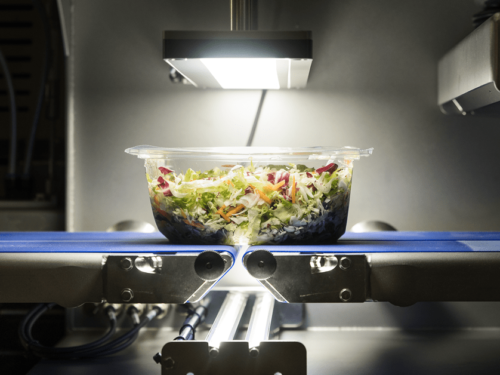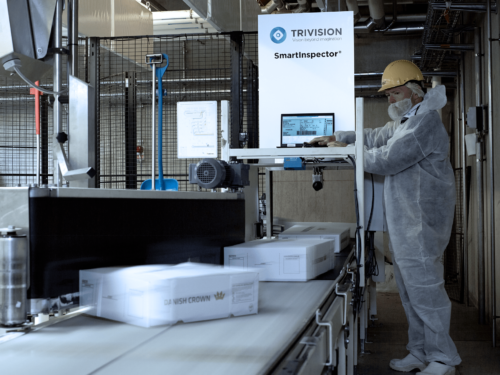
Knowledge Center
How can Vision Technology Contribute to Protecting the Environment
We must feed the world without killing it
We live in a time where sustainable- consumption and production are high on the global development agenda. The challenge of feeding a growing population without destroying our planet has never been more urgent.
As highlighted by the UN's Sustainable Development Goal No. 12, the way we produce and consume must change to secure a sustainable future. This is especially relevant in the food industry as food producers and consumers worldwide are expected to keep up with the environmental agenda to protect the environment.
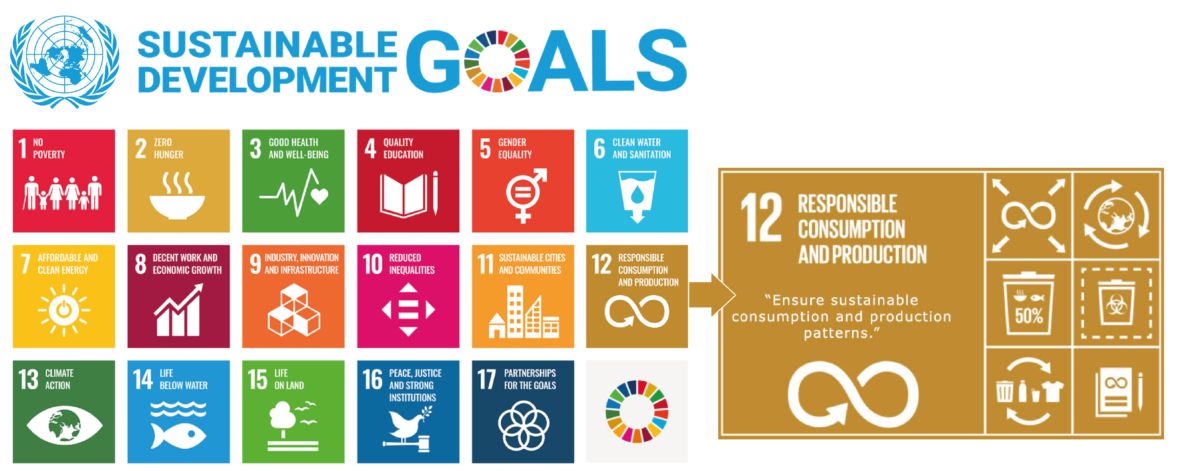
On average, each person wastes 120 Kg. of food per year
Sustainable Development Goals Report 2023
How well is the world keeping up with the environmental agenda?
According to the Sustainable Development Goals Report 2023, In 2021, around 13% of the world’s food waste was lost along the supply chain from farm to fork. This figure has remained nearly unchanged since 2016, falling short of the 2030 goal to reduce post-harvest food losses significantly.
Food producers must take new initiatives and make investments that will reduce this figure to reach the goal of 2030. But food producers are not the only ones who need to change their ways.
In 2019, the world’s food waste in households, food services, and retail was 17%, which is equal to 120 kg. of food wasted per capita. Even though high-income countries leave a much larger environmental impact than low-income countries, all regional groups are similar in terms of household food waste per capita, which highlights the importance of all countries taking action.
Food loss and waste data are still scarce even though the reduction of food loss is considered high on the environmental agenda. To improve our efforts in waste reduction, we need to continue implementing new policies informed by data and invest in new technologies that will help monitor food production.
Legislation such as The Corporate Sustainability Reporting Directive (CSRD) makes it a legal requirement for companies to showcase their commitment to the SDGs. Consequently, companies are increasingly reporting on their efforts to improve sustainability, which of course is a step in the right direction. According to the SDGs Report, around 70% of monitored companies published sustainability reports in 2021 - triple the percentage since 2016.
TriVision’s role in promoting sustainability
TriVision is leading the way toward a more sustainable future by offering solutions that support eco-friendly production practices. Our advanced automation systems for quality control not only help industries reduce environmental impact but also improve product safety and quality, and ultimately OEE, allowing suppliers to meet consumer demands and legal standards without harming the planet.
TriVision solutions demonstrate how vision technology can play a key role in the global shift toward more responsible production. For food producers, implementing this technology is a step toward a future where economic growth goes hand in hand with sustainability and environmental responsibility.
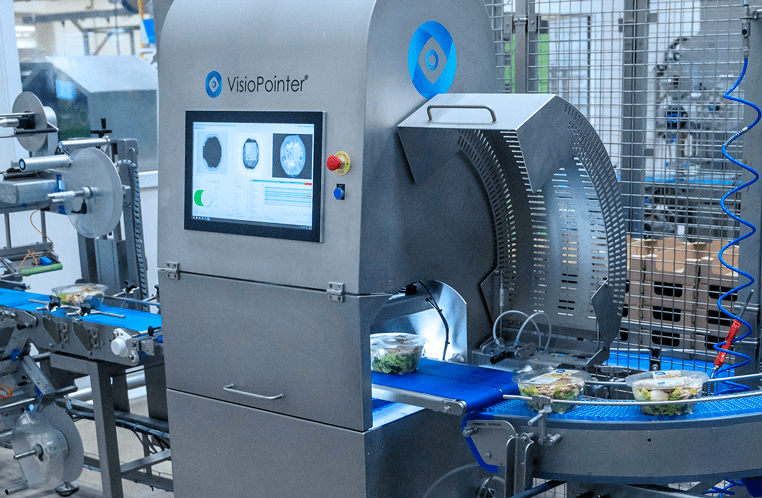
case story: St. Clemens
A faster, safer, and more efficient production line
As the cheese industry is increasingly implementing vision technology and automation, St. Clemens wanted to invest in a more efficient and automated packaging line. Consequently, they chose to implement TriVision’s VisioPointer® to streamline the inspection process for their triangled danablu cheese. When asked why they chose TriVision, St. Clemens cited several crucial factors...
